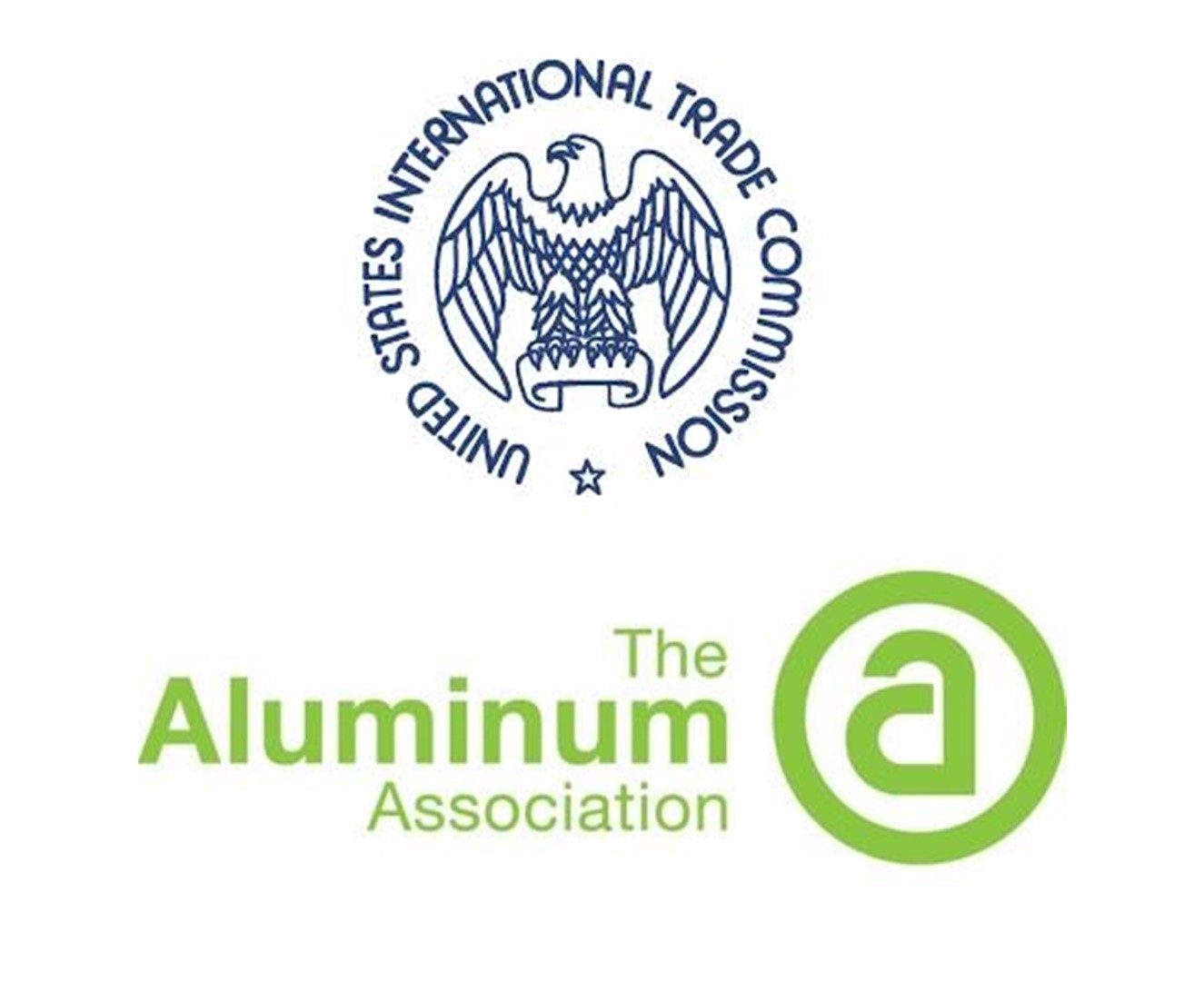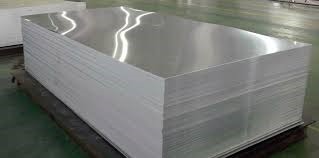您想继续阅读英文文章还
是切换到中文?
是切换到中文?

THINK ALUMINIUM THINK AL CIRCLE

On 22nd April’20, the U.S. International Trade Commission (USITC) made a unanimous preliminary determination that unfairly-traded imports of common alloy aluminium sheet from Bahrain, Brazil, Croatia, Egypt, Germany, Greece, India, Indonesia, Italy, Republic of Korea, Oman, Romania, Serbia, Slovenia, South Africa, Spain, Taiwan, and Turkey are causing injury to U.S. producers.

The preliminary injury determination means that the antidumping and countervailing duty cases against imports from those countries, which the Commerce Department commenced on 30th March’20, will proceed. The Commerce Department’s preliminary countervailing duty determinations are currently due to be completed on 3rd June’20, and the preliminary antidumping duty determinations are due to be completed on 17th August’20, although these deadlines may be extended.
Tom Dobbins, president & CEO of the Aluminum Association, said: “The Aluminum Association and its members are encouraged by today’s unanimous finding by the U.S. International Trade Commission. It is clear that U.S. aluminium firms are being injured by continued unfair imports in this market and today’s decision is a win for rules-based global trade.”

The US companies that make common alloy aluminium sheet were hurt first by a wave of unfair imports from China. After winning a trade case against China in late 2018, unfairly low-priced imports from the 18 named countries surged into the United States and inflicted additional injury.
John Herrmann, of Kelley Drye & Warren LLP, counsel to the domestic industry, stated: “The USITC’s affirmative preliminary decision is an important step in remedying the devastating injury to domestic producers that have been caused by a surge of unfairly traded imports of common alloy aluminium sheet from the various subject countries.”
Imports of common aluminium alloy sheet from Bahrain, Brazil, Croatia, Egypt, Germany, Greece, India, Indonesia, Italy, Republic of Korea, Oman, Romania, Serbia, Slovenia, South Africa, Spain, Taiwan, and Turkey increased by more than 113% between 2017 and 2019, and they collectively account for nearly 70% of all U.S. imports.
Common alloy aluminium sheet is a flat-rolled aluminium product that is used in a variety of applications, including transportation, building and construction, infrastructure, electrical, and marine applications where its strength, relatively light-weight, formability, and resistance to corrosion is essential. The U.S. aluminium industry ships about 2 billion pounds of common alloy aluminium sheet each year.
The common alloy aluminium sheet subject to the unfair trade investigations is a flat-rolled aluminium product having a thickness of 6.3 mm or less, but greater than 0.2 mm, in coils or cut-to-length, regardless of width. The aluminium sheet subject to investigation includes both unclad aluminium sheet, as well as multi-alloy, clad aluminium sheet. Common uses for the product under investigation include gutters and downspouts, building facades, street signs and license plates, electrical boxes, pontoon boats, and tractor-trailers for trucks. Excluded from the scope of the investigations is aluminium cans stock that is suitable for use in the manufacture of aluminium beverage cans, lids, or tabs.
Responses








